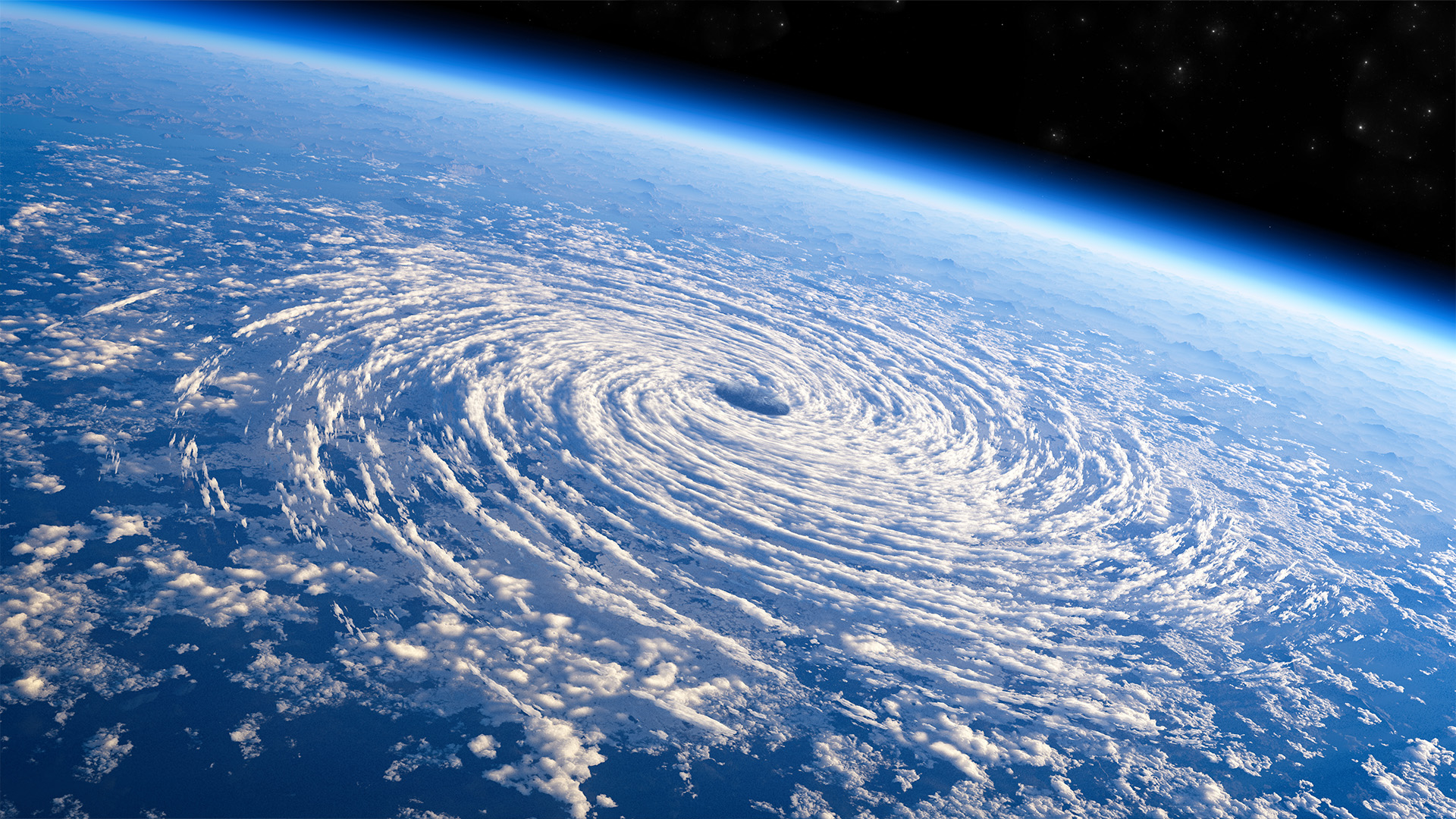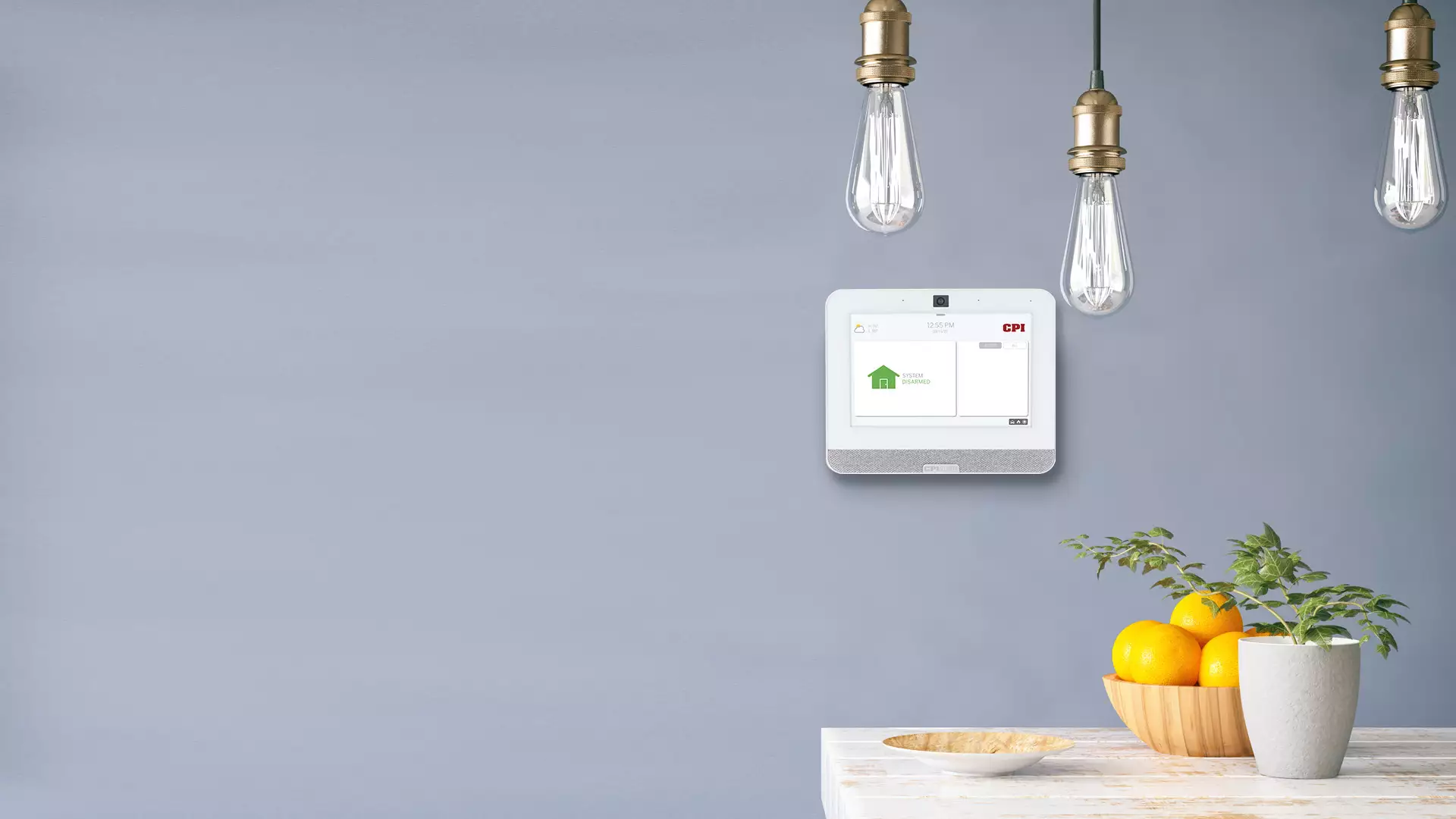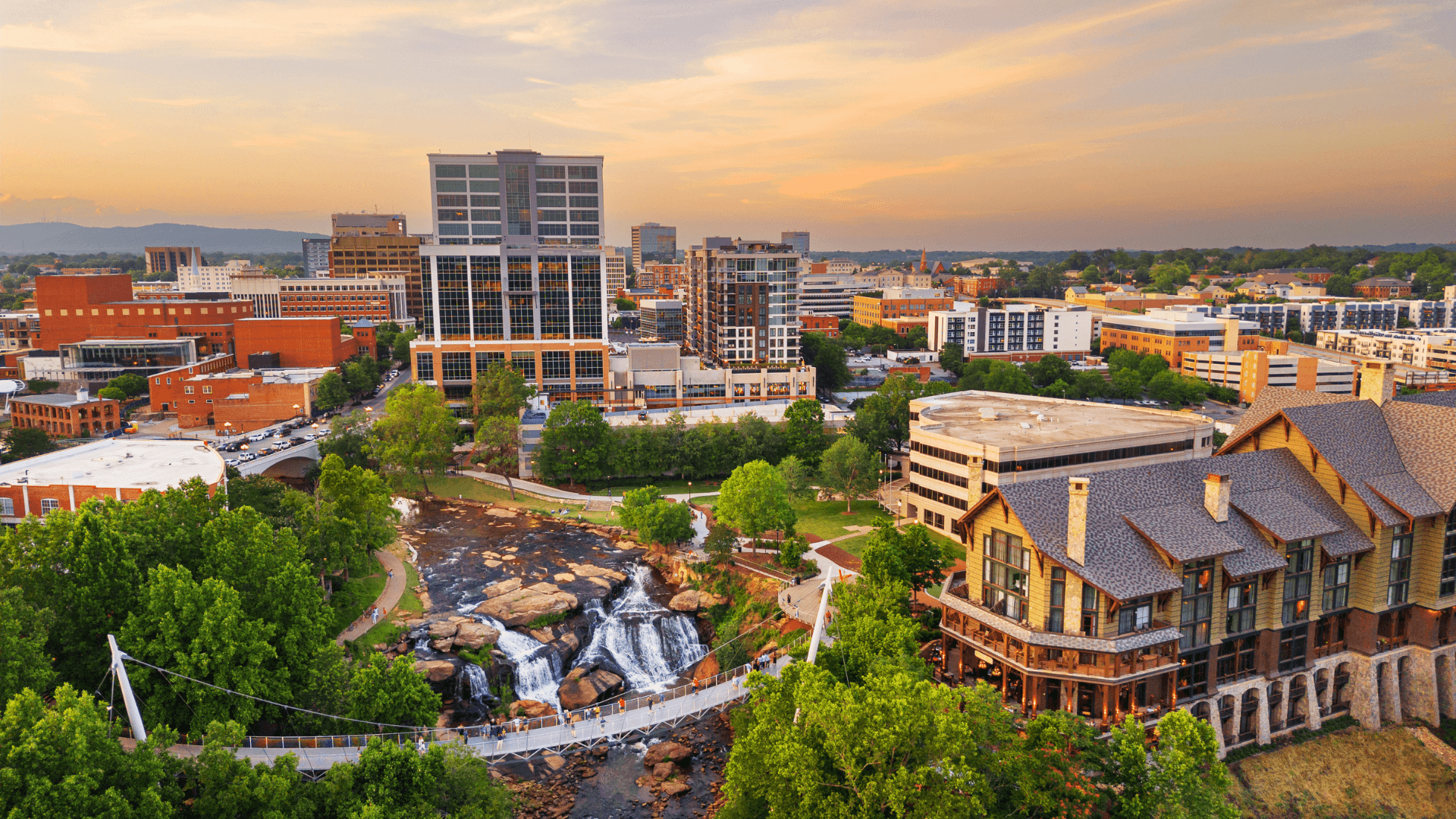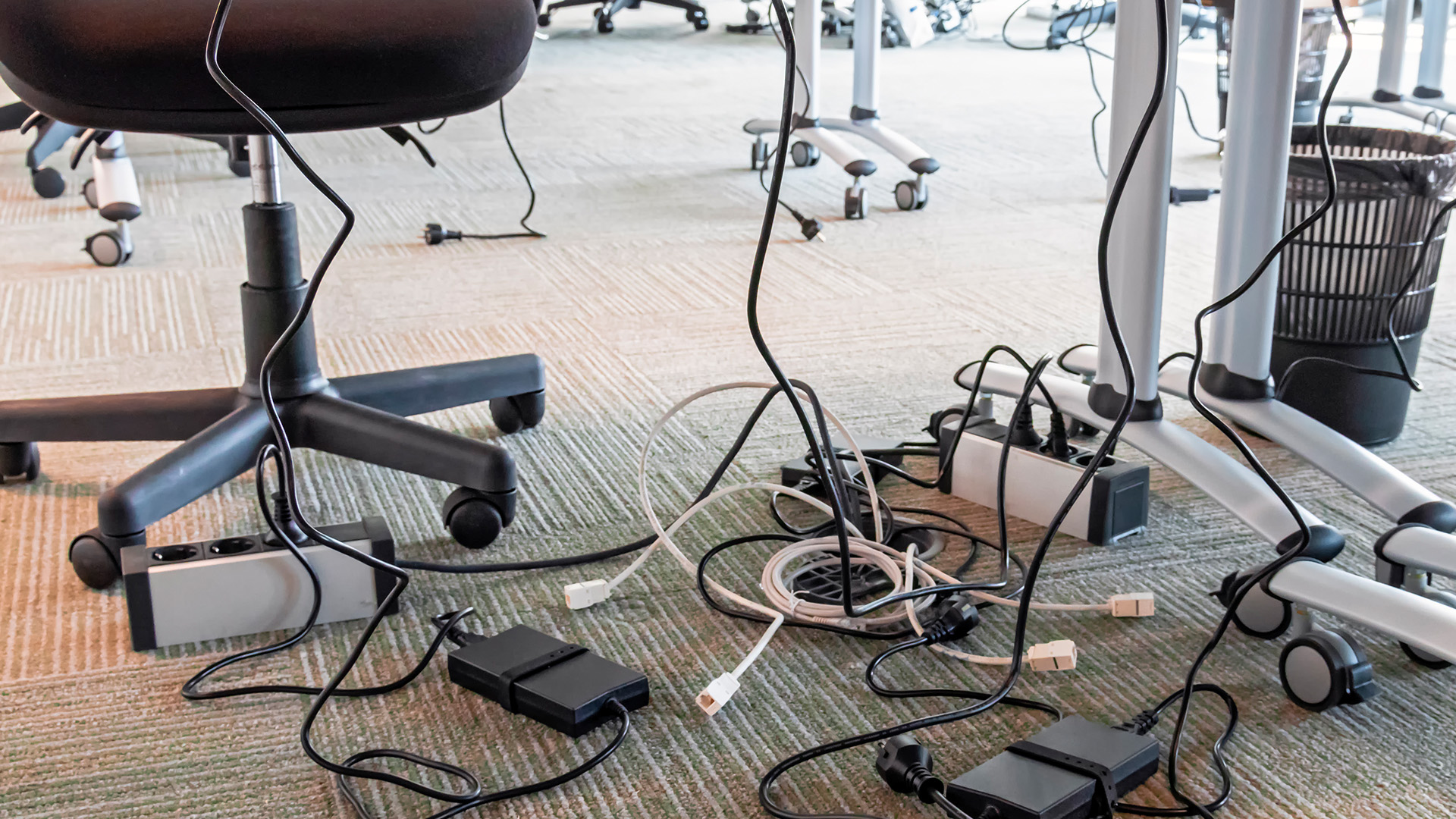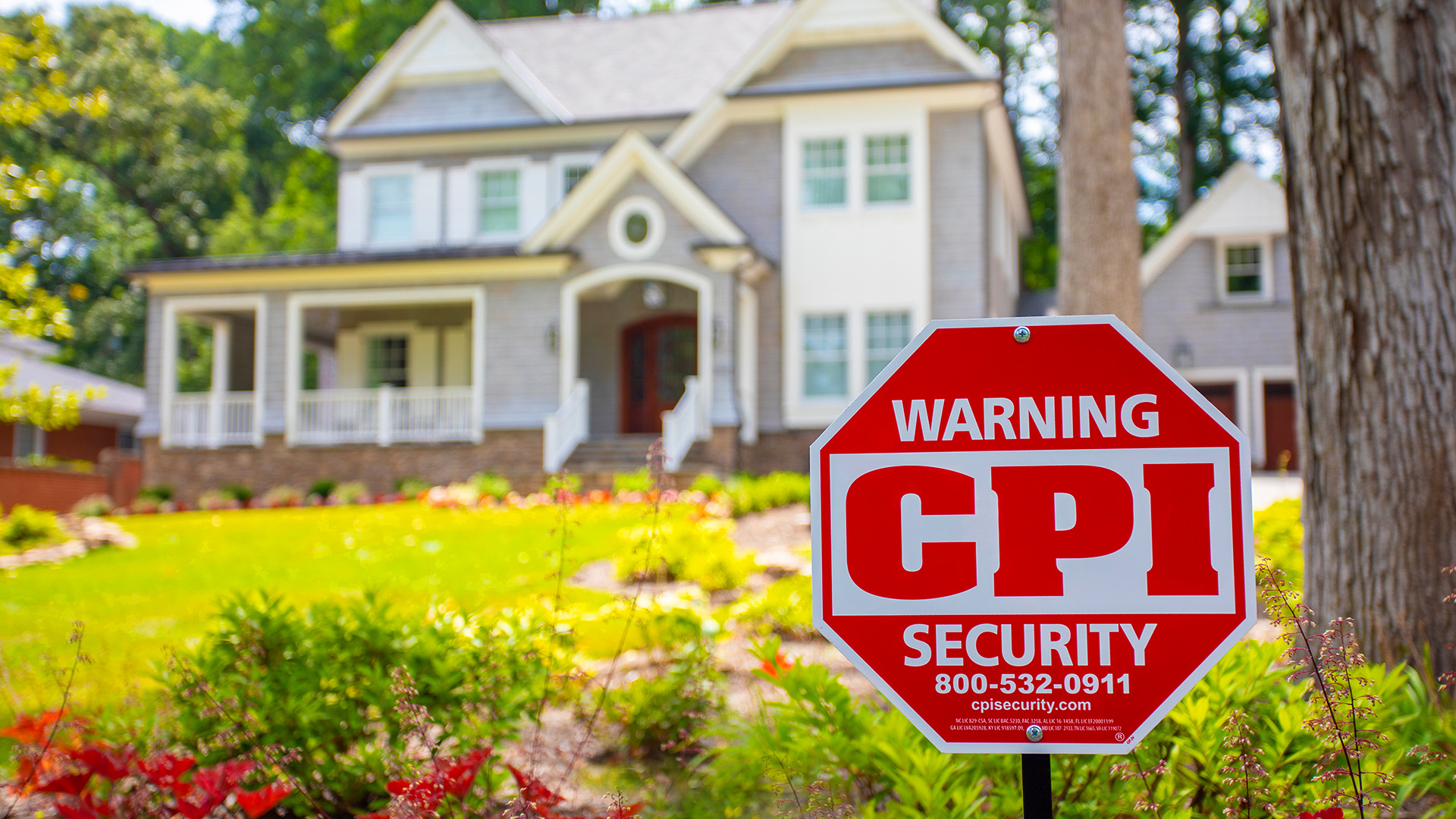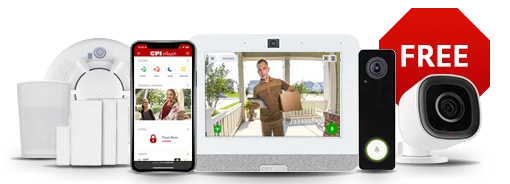Hurricanes and tropical storms impact people across the country – not just residents in coastal communities.
As one of the leading smart security providers of homes and businesses across the Southeast, our service regions are impacted by hurricanes and tropical storms every year.
While hurricane season can be frightening and come with uncertainty, being prepared is key. In order to better serve our region and our customers, we’ve compiled a list of hurricane preparedness tips to help keep your home and family safe. Below, we cover things like:
- What is a hurricane?
- When is hurricane season?
- How should I prepare for hurricane season?
- What should I do to protect my home before a hurricane?
- What should I do during a hurricane?
- Severe weather-related information for my CPI system.
What Is a Hurricane?
Before we dive in, let’s first touch on the basics. A hurricane is a very strong storm called a tropical cyclone that forms over tropical ocean water and reaches sustained winds of at least 74 miles per hour. Hurricanes are rated on the Saffir-Simpson Hurricane Wind Scale, which runs from Category 1-5 and measures the wind speeds of a hurricane.
According to the National Oceanic and Atmospheric Administration (NOAA), an average hurricane season produces 14 storms with winds of 39 mph or higher, including seven hurricanes. Three of these hurricanes are typically major hurricanes reaching Category 3, 4, or 5.
Keep in mind that wind speed is just one indication of the power of a hurricane, and many experts warn about catastrophic rainfall and flooding, damaging winds, isolated tornadoes, and devastating storm surges that may accompany hurricanes in all categories. In fact, storm surges and flooding are the leading cause of hurricane-related deaths in the United States.
While hurricanes pose the greatest threat, tropical storms and depressions also can be devastating and result in significant loss of life and property.
When Is Hurricane Season?
In the Southeast, the Atlantic hurricane season extends from June 1 through November 30 annually, and peak hurricane season is typically early to mid-September. That said, hurricanes can form outside of the season, which is why it’s so important to always be prepared.
How Should I Prepare for Hurricane Season?
You can’t stop a hurricane, but you can and should take precautionary measures to protect your home and family before hurricane season arrives.
Create a Hurricane Preparedness Kit
You should prepare an emergency kit and stock up on enough supplies for your household now. There are many items you can include in your emergency kit, but at the bare minimum, a hurricane preparedness kit should include the following necessities:
- Flashlights, a battery-powered or hand-crank radio, and extra batteries
- Battery-powered charging devices to power electronics, like your cell phone
- Non-perishable food and bottled water
- Blankets, clothing, and toiletries
- First aid kit
- Medications (7-day supply)
- Multi-purpose tool (like a pocketknife)
Find a Safe Room
During a storm, you’ll want to take shelter in a small interior room or hallway in your home with no windows and on the lowest floor. Figure out the safest place in your home before hurricane season starts.
Know Your Evacuation Plan
For most hurricanes, you and your family will either shelter in place or evacuate. Always listen to local and state officials and follow their guidance and instructions. Having a detailed plan in place helps prevent confusion if your family must evacuate.
Before hurricane season arrives, talk with your family about your hurricane plan and make sure you all know where to meet, write down emergency contact numbers, and have your evacuation route mapped out.
Your evacuation plan should also include steps to unplug your appliances and turn off the gas, electricity, and water before you leave your home.
What Should I Do to Protect My Home Before a Hurricane?
There are several steps you can take to keep the exterior and interior of your home safe before a hurricane hits.
Secure the Exterior of Your Home
- Bring in anything outside that can be picked up by the wind, including patio furniture, grills, bicycles, potted plants, door mats, trash cans, and children’s toys.
- Unclog and clean drains and gutters.
- Trim trees and shrubs in your yard.
- Make sure all windows and doors are closed and locked.
- Consider boarding up windows with plywood or investing in storm shutters.
Prepare the Interior of Your Home
- Store and secure important documents like birth certificates, a marriage license, wills, personal identification, etc., in a waterproof safe or storage container.
- Unplug small appliances and electronics.
- Set your refrigerator and freezer on the coldest setting to keep food cold longer if there is a power outage.
- Make sure batteries in smoke and CO detectors are working.
- Charge all cell phones and fill your car’s gas tank.
- Check your hurricane preparedness kit and replenish items if necessary.
What Should I Do During a Hurricane?
Tune into your local news and follow warnings issued by state and local officials so you’re in the know during a hurricane. But there’s more you can do, including:
- Know your evacuation plan and never ignore an evacuation order.
- Take cover in a small interior room, closet, or hallway on the lowest level if you are ordered to shelter in place.
- Avoid all unprotected windows and doors.
- Don’t go outside – even if the weather looks calm. You could be in the eye of the storm, and the conditions around the eye are severe and very dangerous.
- It’s important to note that if your house becomes flooded, you should go to the highest level. Do not climb into a closed attic or closet because you could become trapped by rising floodwater.
In the event of an evacuation order, take your emergency kit. Be careful and never approach downed power lines. Don’t drive on flooded roads and look out for washed-out bridges. Remember: turn around, don’t drown!
If your home is damaged during the storm or you must evacuate, you can find local emergency shelters here or text SHELTER and your zip code to 43362.
At the end of the day, taking time to prepare now can give you peace of mind if a hurricane strikes.
For more hurricane preparedness resources and tips, visit Ready.gov.
Hurricane Preparedness and Your CPI Smart Home Security System
Here at CPI Security, your safety is our top priority. Our Central Station is monitored 24/7, and if our community is threatened by a hurricane or severe storm, we will be there ready to help. If you have questions, please feel free to give us a call at 800-948-7133.
